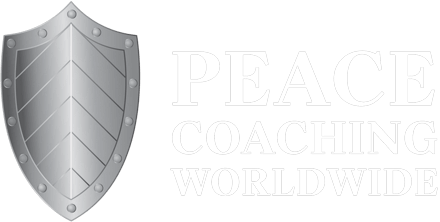I’ve been thinking about this blog all week. The topic is something that kinda jumped up unexpectedly into my thoughts, and now I’m thinking that I may use it as a research project when the time comes, for my graduate studies.
I was also visiting with a couple of ladies who deal with shame issues. They both agreed that words of affirmation IS their love language! So for those whose deepest wound is shame (and hence whose self-talk tells them that they are bad), the way they most need to be loved is for someone to tell them they are great. They want someone to tell them what they wanted to hear most all throughout their childhood and didn’t…that they are really not bad. Yet those with this issue marry folks that have a very hard time meeting their need for affirmative words. See? They love someone who is weak the same place their own self-talk is weak.
It would follow, then, that the other 3 love languages have the same pattern. If the logic holds, then those whose primary love language is physical touch would have wounds surrounding not being held or touched enough when they were little, and they probably married someone who doesn’t touch them enough. Those whose love language is acts of service would have a past that included them having to do for themselves a lot. If someone didn’t receive special gifts very often as a child, their love language might be receiving gifts.
Many people would say that they have more than one love language, although one is usually the strongest. I would suggest that most people have more than one issue as well, and that one is usually more painful than the rest. It is interesting to think that the love language that we identify with the most could help uncover our areas of deepest wounding. As of yet, for me, this hypothesis remains untested. If I do ever decide to research this subject, you all will be the first to know!
Feel free to leave me comments that can confirm or deny this hypothesis. You could be aiding in a research project! I think next semester I have a research class. Looks like I have a headstart on my topic! Thanks for stopping by.
